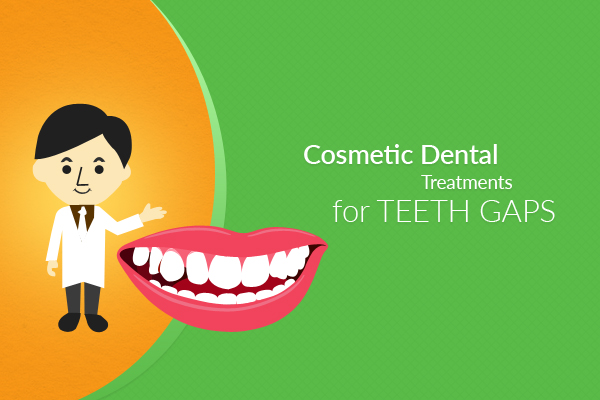Disease,
reactions to prescription medicines and other issues can cause the gums to grow
over the teeth hence producing a gummy smile. In such a case the teeth appear
smaller along with having an uneven and misshaped look. Gingivectomy helps in
the removal of damaged excess gum tissue and is followed by gingivoplasty,
which shapes and thins the remaining gum tissue to hold a more natural look and
fit better around the teeth.
Typical
Costs
Like The dentist in dulwich, all local area’s practices states that it can cost £50-£350 to remove
and shape the gum around a single tooth on the basis of the extent of the work
required, local rates and expertise and reputation of the periodontist.
However,
overgrowth or damage is usually not limited to the area around a single tooth.
Total costs for crown lengthening from all the visible front teeth can be more
than £3,000. Gum tissue sculpting surgery is usually considered to be cosmetic and is
typically not covered by dental insurance.
Inclusions
to be done
Both dentist
and periodontists perform the procedures related to gum contouring. The
area of the mouth is numbed followed by the usage of scalpels, lasers and radio
surgery tools to cut away excess tissue and reshape the remaining gums. In case
of more extensive crown lengthening procedures, the bone at the root of the
tooth is removed for better long-term results.
You will
also be provided before and after photos of the dental crown lengthening
procedure. Most of the gum contouring procedures is completed in a single appointment
and the results are typically permanent. It takes about 30 minutes to remove a
small amount of gum tissue. The healing requires a time span of few weeks only.
The
crown lengthening procedure removes both gum and bone tissue against within a
time interval of one or two hours. The healing period may last for four to six
weeks.
Additional
Costs
Gum
contouring is often done in conjunction with other cosmetic procedures against
additional costs which include:
- Veneers - £500-£1,100 per tooth
- Cosmetic dental bonding - £100 - £1,000 per tooth
- Crowns - £500 - £3,000
The gum
reshaping may be included in the total fee for the related procedure.
The dentist offer reduced rates for
services by supervised students or faculty. The National Institute of Dental
and Craniofacial Research list tips for finding out low-cost dental care.
Shopping
Around for Gum Contouring
In case
the patient holds dental insurance, the insurance company will provide a list
of approved dentist and periodontists in Swindon. You may also search for local
members of the American Dental Association, American Academy of Periodontology
or the American Academy of Cosmetic Dentists.
You may go
through the listings of the Dentists Near Me to know about gum reshaping surgery, that
must be considered at the time of choosing a dentist. Since cosmetic procedures like gum contouring are
typically not covered by insurance, most dental offices provide financing
options ranging from a discount in cash to payment plans to loans from outside
the financial institutions. If viewed properly, availing the treatment of gum
contouring is not too costly!




























